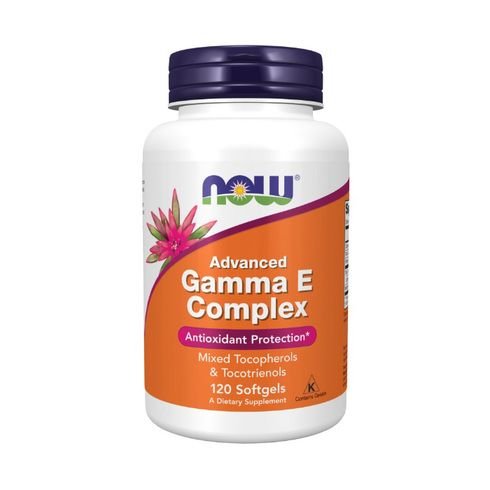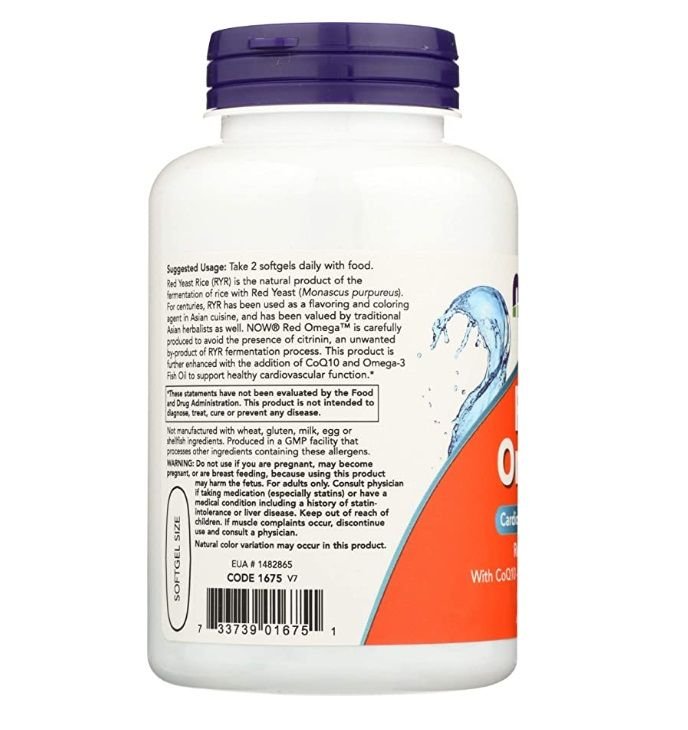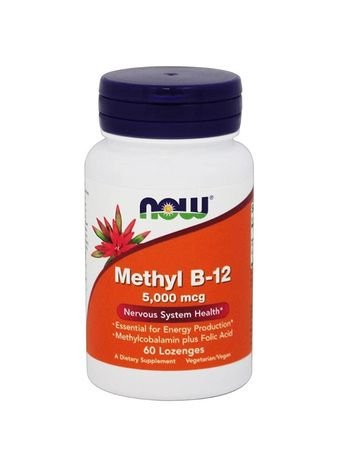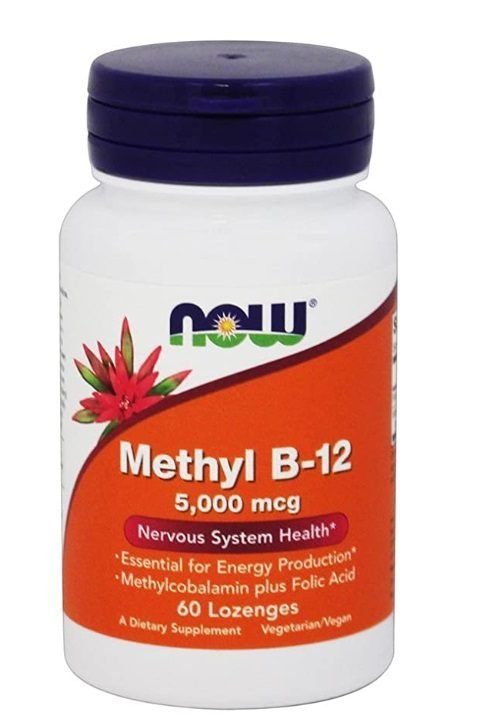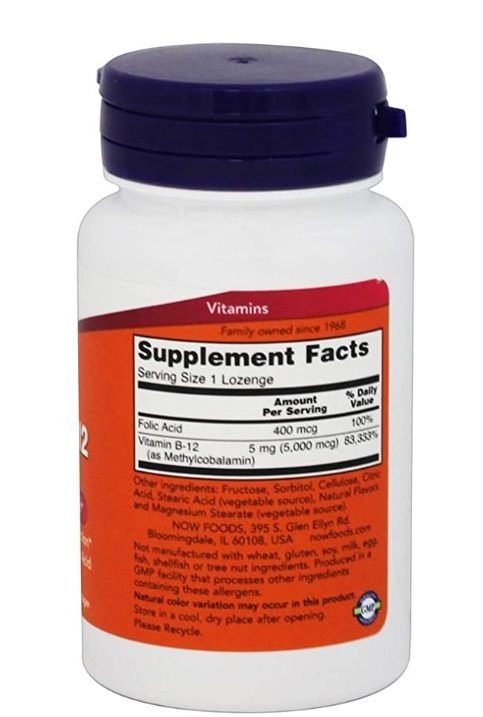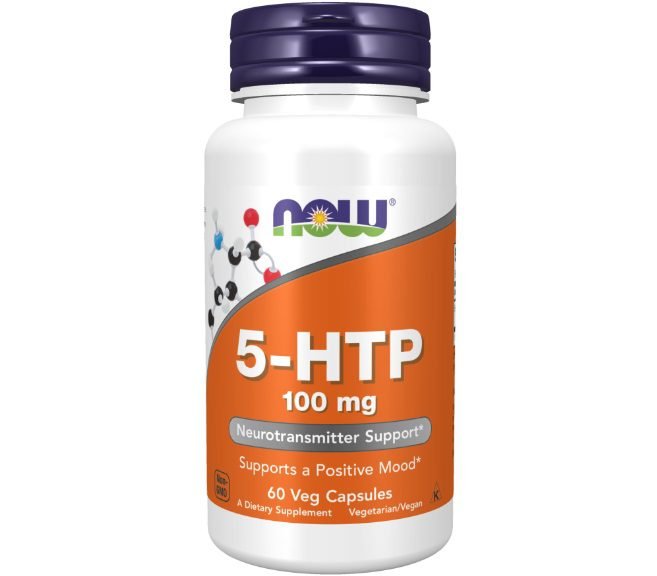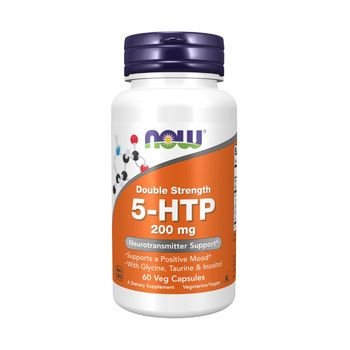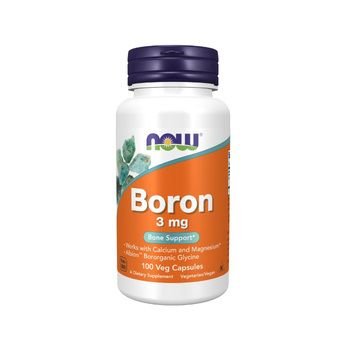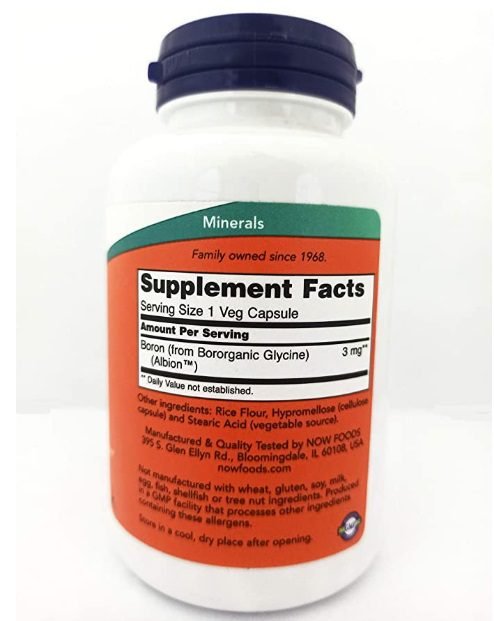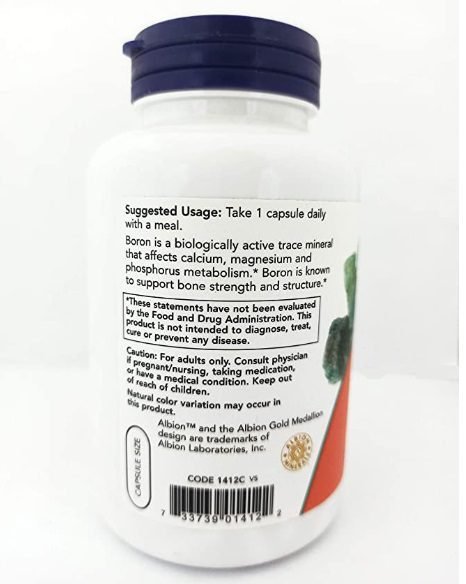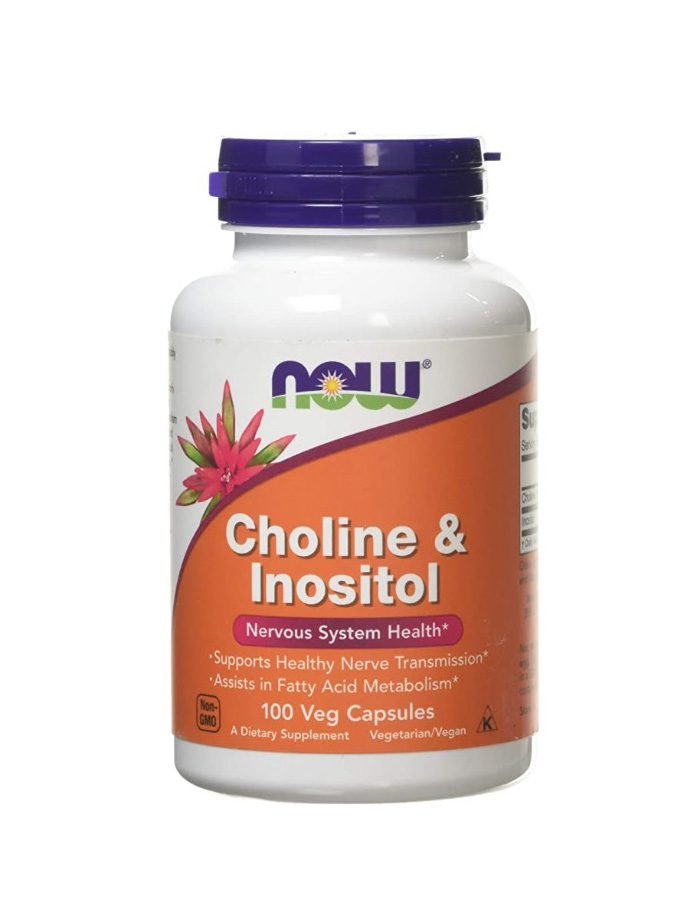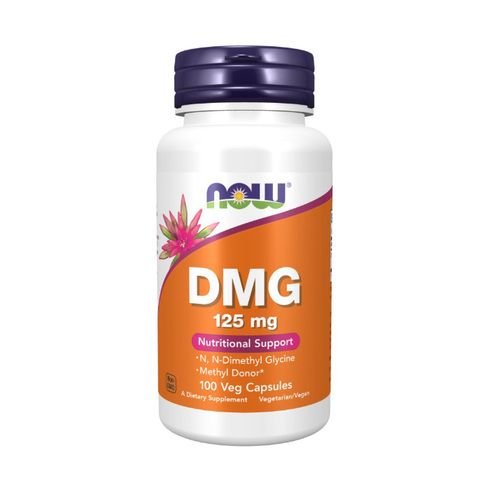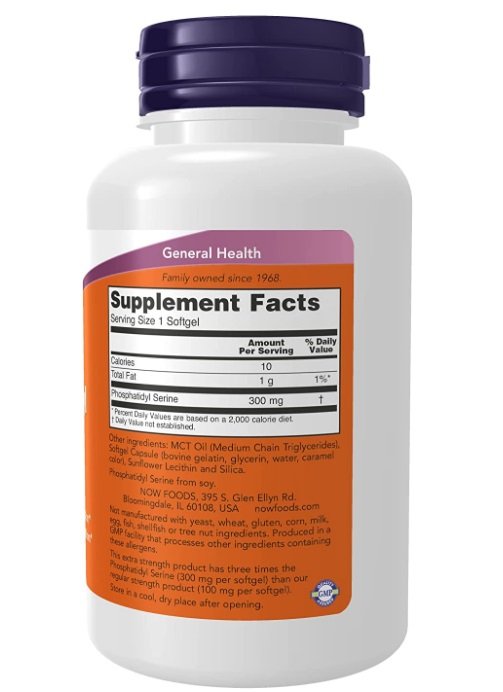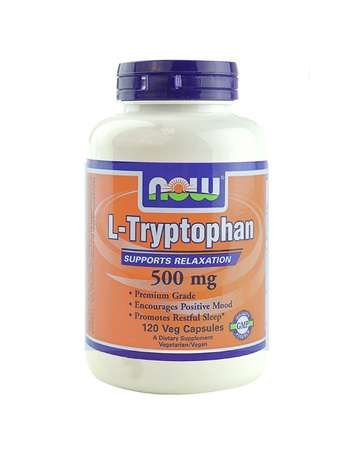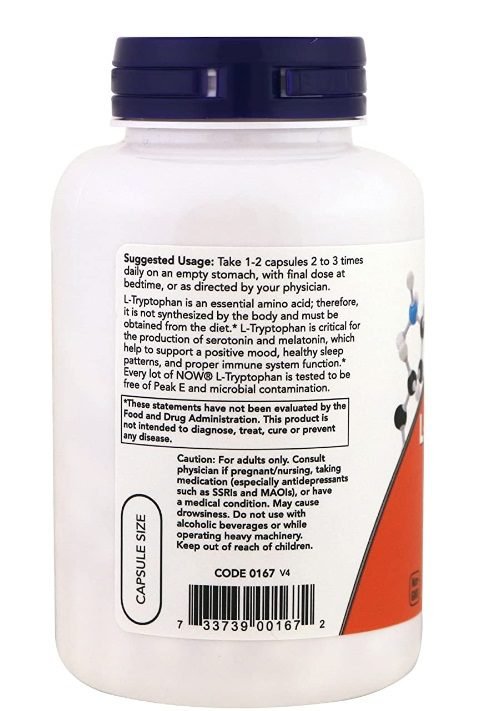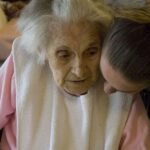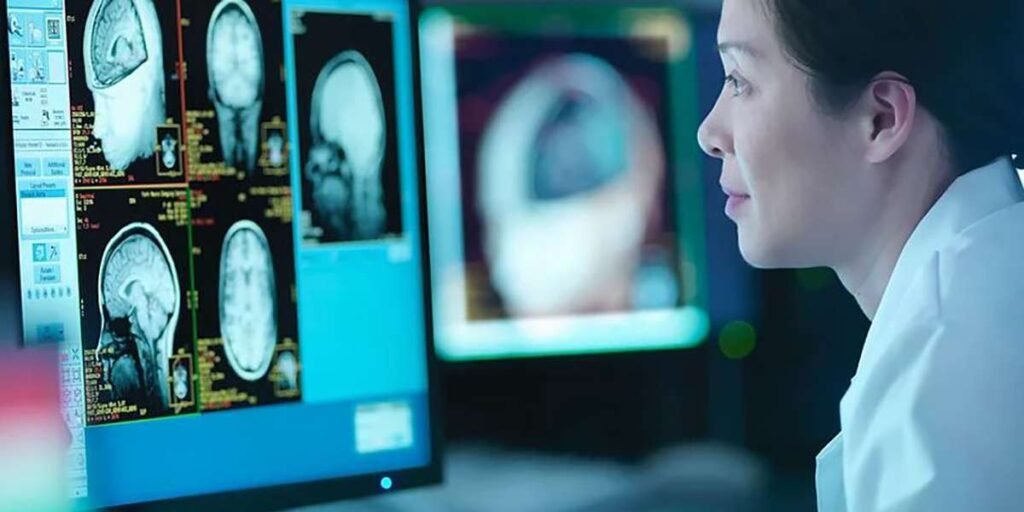
Can Dementia be Cured? 2 Major Treatments for Dementia
As many developed countries’ populations are aging, dementia also tends to double. In the long course of the disease, patients may also face cognitive degeneration, but also mental symptoms such as depression and anxiety. Although dementia cannot be completely cured, it can still be treated in major hospitals as early as possible to effectively control the disease and improve the quality of life of patients and their families.
What symptoms might dementia cause? What methods can be used to treat dementia and slow down the progression of the disease? Let us clear up your doubts and help people with dementia and their relatives and friends understand the condition and prepare psychologically, so that they can actively cooperate with doctors for treatment.
Decreased judgment and mood changes are common symptoms
Dementia is more common in people over 65, and only a few people will suffer from “young dementia” between 30 and 50. Patients may suffer from memory loss, poor judgment, language skills, and become socially withdrawn, emotional ups and downs and other symptoms. When dementia enters the middle and advanced stages, the symptoms will become more serious, seriously affecting the daily life of the patient and his relatives.
How is dementia diagnosed? Take medical history, assess mental function
If you find that the elders in your family have the above symptoms, you can go to the neurology or psychiatry department of major hospitals as soon as possible. Physicians will use the following two methods to diagnose whether a patient is suffering from dementia, and to further understand the type and course of dementia:
Ask about the patient’s medical history and disease process: the doctor will ask the patient when symptoms first appeared, what symptoms appeared, daily life and work conditions, whether they have taken drugs, alcoholism or exposure to toxic substances, etc., and conduct detailed physical and neurological examinations.
Conduct a mental assessment: In addition to carefully inquiring about the patient’s medical history and onset process, the doctor will also use tools such as the Mini‐Mental State Examination (MMSE), the Clinical Dementia Rating Scale (CDR), and The Alzheimer’s Disease Assessment Scale-Cognitive subscale (ADAS Cog) to provide Patients undergo mental assessment to detect the patient’s mental state, including memory and learning functions, attention, language functions, social cognitive functions, etc.

There are two major treatment methods for dementia
They are drug treatment and non-drug treatment. Current drugs for dementia do nothing to stop or restore damaged brain cells, but they can improve symptoms and slow the progression of the disease.
Patients with dementia will be diagnosed by doctors and prescribed appropriate drugs and non-drug treatments (such as cognitive training, nostalgia therapy) to maintain the patient’s autonomy and quality of life and reduce the burden on caregivers.
Drug treatment for dementia
Depending on the type of dementia, doctors may adopt corresponding treatment methods, which are introduced as follows:
-
Alzheimer’s disease:
Alzheimer’s disease is the most common type of dementia. Currently, the drugs for the treatment of Alzheimer’s disease are mainly Cholinesterase inhibitor and NMDA receptor antagonists, which are used to slow down The rate at which the patient’s mental function deteriorates.
If the patient has hallucinations, delusions, depression and other symptoms, the doctor will prescribe corresponding drugs to improveCholinesterase Inhibitors: For example, drugs such as Aricept, Exelon, Reminyl, etc., are mainly used to treat mild to moderate Alzheimer’s disease, but may cause nausea, diarrhea, anorexia, headache, vomiting, etc. Side effects, and this ingredient medicine also has the form of a patch, such as Exelon transdermal patch, which can provide patients with another treatment option.
N-methyl-D-aspartate (NMDA): Drugs such as Ebixa and Witgen are more effective in treating moderate to severe Alzheimer’s disease. The main side effects include dizziness, headache, fatigue, and constipation.
Antipsychotic drugs: When patients have hallucinations, delusions, aggression, hostility, and uncooperative symptoms, doctors may prescribe antipsychotic drugs, such as Seroquel XR, Risperdal, etc., which may have side effects such as drowsiness and constipation , blood pressure drop, trembling, body or limb stiffness, etc.
Antidepressants: If patients have symptoms such as depression, irritability, and sleep disorders, they can use antidepressants for treatment, such as Prozac, Zoloft, Mesyrel, etc. After taking it, headaches, nausea, dizziness, and a sense of balance may cause poor side effects.
-
Dementia with Lewy bodies:
Dementia with Lewy bodies is the second most common type of dementia. In addition to cognitive impairment like Alzheimer’s disease, patients may also experience slow movements, limb stiffness, trembling and other symptoms similar to Parkinson’s disease.In the treatment of dementia with Lewy bodies, doctors usually use cholinerase inhibitors to slow down the deterioration of mental function of patients, and prescribe drugs to treat Parkinson’s disease to improve movement disorders such as limb tremors, but such medications may cause side effects such as mental instability.
In addition, if patients with dementia with Lewy bodies have mental-related diseases, doctors will also use antipsychotic drugs to improve symptoms such as depression and sleep disorders, but may cause symptoms such as movement disorders to aggravate.
-
Vascular dementia:
The focus of vascular dementia treatment is to reduce the risk of brain damage to prevent stroke and chronic cerebrovascular disease. Therefore, doctors focus mainly on high blood pressure, diabetes, hyperlipidemia, and other diseases that are prone to cardiovascular diseases. High risk factors are treated. -
Dementia caused by other factors:
Vitamin B12 deficiency, hypothyroidism, and brain tumors may all lead to dementia. After eradicating the cause of the disease through drugs or surgery, the patient’s dementia symptoms may be cured.
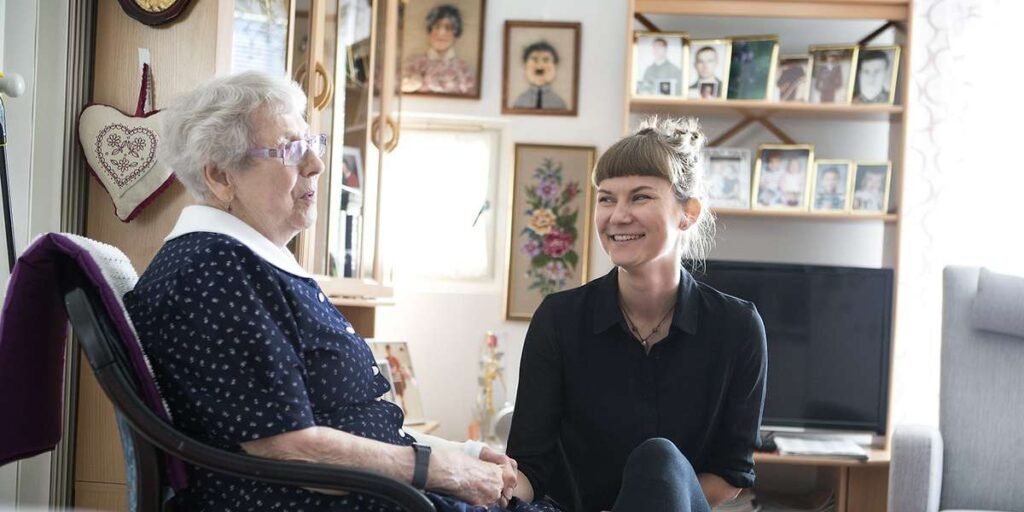
Non-drug Treatment
In addition to drug therapy, non-drug treatments such as cognitive training, nostalgia therapy, music therapy, and art therapy can also help patients stabilize their emotions and improve their cognitive abilities. Here are 4 non-drug treatments for dementia:
-
Cognitive training
Cognitive dysfunction is the main symptom of dementia. In addition to drug treatment, doctors will also advise patients to use auxiliary teaching aids, daily life appliances or other self-made equipment, combined with sensory stimulation and reality-oriented activities, to let dementia patients use their brains , Slow down the degeneration of its cognitive function. -
Nostalgia treatment
Nostalgia therapy can mainly improve the ability of language expression and interpersonal interaction of patients through recalling and sharing of past events and experiences, so as to stimulate the brain, improve emotions such as depression or anxiety, and delay dementia development. -
Art therapy
Art therapy is to interact with people with dementia through painting, collage, sculpture and other methods, providing them with rich sensory stimulation and opportunities for self-expression.In the process of treatment, members can not only form good interpersonal interaction, but also allow patients to share their works orally, improve their language expression ability, and gain a sense of accomplishment from it, enhance participation motivation, and help patients maintain a positive attitude Improve mood and social willingness, slow down the degeneration of language and cognitive functions. -
Music therapy
Music therapy is a treatment method that uses music itself as a medium to improve patients’ emotions, promote language communication, and delay dementia’s deterioration.
Music therapists will design music activities to stimulate dementia patients and provide positive stimulation through the use of musical instruments and lyrics commentary to delay the degeneration of their cognitive functions.
Books for Taking Care Dementia
What I Wish People Knew About Dementia
What can a diseased brain tell us about being human, living our own lives better and helping those with dementia get the best from theirs?
When Wendy Mitchell was diagnosed with young-onset dementia at the age of fifty-eight, her brain was overwhelmed with images of the last stages of the disease – those familiar tropes, shortcuts and clichés that we are fed by the media, or even our own health
Somebody I used to Know
How do you build a life when all that you know is changing? How do you conceive of love when you can no longer recognise those who mean the most to you? A phenomenal memoir, Somebody I Used to Know is both a heart-rending tribute to the woman Wendy Mitchell once was, and a brave affirmation of the woman dementia has seen her become.
Understanding Behaviour Dementia Challenges
As people grow older, their physical and psychological needs become more complex. Unmet needs often result in challenging behaviour, particularly if the person suffers from dementia. Ian Andrew James looks beyond the behaviour itself to the causes behind it, suggesting both medical and non-pharmalogical approaches to lessening suffering and improving quality of life
Supplement to Improve Dementia
-
Benefit of Vitamin E
- Beneficial for non-alcoholic fatty liver disease NAFLD
- Prevention of prostate cancer
- Beneficial for blood lipid regulation
- Decreases inflammation: C-reactive protein
- Reduce the risk of senile cataracts
- Beneficiary to myocardial infarction.
- Beneficial for dementia (especially Alzheimer’s)
- Beneficial for seasonal allergic rhinitis
-
1. Maintain Heart Health
2. Treat Mental Illness
3. Help Lose Weight
4. Support eye health
5. Relieve rheumatoid arthritis symptoms
6. Maintain skin health
7. Helps baby vision and hand-eye coordination
8. Reduce liver fat
9. Improve symptoms of depression
10. Improve ADHD in children
11.Improve memory in the elderly
12. Improve asthma symptoms and allergy risk
13. Improve bone health
Supplement for Brain Health
-
Benefit of Alpha-Lipoic Acid
- Scavenge free radicals, prevent skin aging, and improve skin damage
- Reduce and prevent wrinkles, improve skin luster and elasticity
- Improve dark circles and enlarged pores
- Lipoic acid regenerates vitamins C, E, coenzyme Q10 that have lost their antioxidant capacity, and enhances antioxidant levels
- Improve memory decline and promote brain health
- Lipoic acid helps maintain liver health
- Lipoic acid has a protective effect on the retina
- This product may help stabilize blood sugar
- Lipoic acid is extremely important for energy production
- Lipoic acid can regenerate by itself and has a long-lasting effect.
-
1. Promote methyl transfer
2. Promote the development and maturation of red blood cells, keep the body’s hematopoietic function in a normal state, prevent pernicious anemia; maintain the health of the nervous system
3. In the form of coenzyme, it can increase the utilization rate of folic acid and promote the metabolism of carbohydrates, fats and proteins
4. It has the function of activating amino acids and promotes the biosynthesis of nucleic acids, which can promote the synthesis of proteins, which plays an important role in the growth and development of infants and young children.
5. Metabolize fatty acids so that fats, carbohydrates, and proteins are properly used by the body
6. Eliminate irritability, concentrate, enhance memory and balance
7. It is an indispensable vitamin for the healthy functioning of the nervous system and participates in the formation of a lipoprotein in the nervous tissue
-
Benefits of Boron
- Anti-inflammatory effects.
- Help alleviate arthritis.
- Improve brain function.
- Has anticancer effects.
- Boronated compounds used in the treatment of several types of cancer.
- Maintain bone density.
- Accelerate the healing of fractures.
- Relieve rheumatoid arthritis symptoms.
- Adjusting your body’s natural production of testosterone and estradiol, a type of estrogen.
-
1. Improve immune system function.
2. Maintain the function of joint movement.
3. Balance normal blood sugar levels.
4. Rich in antioxidants to absorb harmful free radicals.
5. Helps maintain normal levels of cholesterol.
6. Maintain healthy lung function
7. Improve mental clarity
8. Reduce stress and overcome depression
9. Improve the sexual function and prevent erectile dysfunction.£18.91 -
Benefit of Maca
- It is good for bone health
- Improve Chronic Mountain Sickness
- Improves sperm quality and promotes fertility
- Improve female sexual dysfunction
- Beneficial athletic performance
- Improves erectile dysfunction
- Increases male sexual desire
- Boosts reproductive hormones such as testosterone
- Improves Cognitive Function
- Beneficial for Prostate Fat
Most Useful Accessories For Dementia
Wireless Floor Pressure Mat & Pager Set
- Used at home to prevent falls & wandering
- Stepping on the mat will cause the bleeper pager to activate from anywhere in the home
- Can be placed next to a bed. Anti-slip base included.
- Bleeper pager vibrates, flashes and bleeps
Talking Photos Album
- Record a separate message on each page using the built-in microphone. Re-record as many times as you wish.
- Each of the 20 pages will hold a single photo in a clear pocket, 5×7 inches, (125x175mm). Each page has an individual Play/Pause button.
- Total recording time of 6 minutes, set at 18 seconds per page. Playback via the built-in speaker.
- Bring your memories back to life by adding a new dimension to your photographs. Create your own talking books for speech and language projects in school. Create speaking and listening activities and display classroom projects.
- Also ideal for people with Dementia, Alzheimer’s or Huntington’s Disease. Display family photos, audible instructions, medication management, daily reminders and procedures.
CPR Guardian III Personal Alarm for Elderly
- FREE SETUP AND TECHNICAL SUPPORT – The CPR Guardian Watch arrives with a pre-installed SIM which provides maximum mobile coverage at all times by intelligently switching between mobile networks based on the best available signal; Please check you have a 2G signal and you activate the SIM card by signing up for either the Bronze, Silver or Gold service plans; Just contact us on the number on the box and we will do everything for you
- FALL DETECTION – is designed to automatically detect a serious fall and raise an alert, Confirmation that an alert has been raised will be given by the watch asking if the user is OK. To cancel an alarm, the user must press NO on the watch screen
- SOS EMERGENCY ASSIST BUTTON – In the event of an emergency, the wearer will be able to voice call and alert the designated SOS contact by holding the red SOS button; The GPS location of the wearer will also be sent to the Guardian Monitoring APP
- SMART LOCATION TRACKING & GEO ZONES – Built-in GPS tracking on the dementia wandering alarm ensures accurate outdoor location tracking and estimated location tracking when indoors; Receive alerts every time the wearer enters or leaves a Geo-Zone
- TWO WAY PHONE CALLING & VOICE MESSAGING – Make and receive voice calls to friends and family almost anywhere in the world without the need of a mobile phone; Send and receive voice messages to friends and family
Robin, 2022 Version, Digital Day Clock
- Ultimate clarity – The 8 inch crystal clear high definition color display ensures a sharp, crisp image displaying the full color spectrum with a 170° viewing angle that can be seen from all sides of the room. Choose from custom or preloaded display themes
- Reconstructed design – Thoughtfully developed user interface and easy-access side buttons make this clock ideal for seniors. The smart design allows for placement in the bedroom, kitchen or bathroom and a sleep button is perfect for those midday naps
- Alarms, reminders and custom messaging – Create as many alarms as you need. Easily adjust the volume, length, sounds and messaging. Automatically adjusts for daylight saving time with a worldwide schedule built in. Adjust each alarm and message separately
- Talking clock – One touch button announces the day and time in a loud, clear voice. You can also schedule periodic time announcements, as well as screen reminders such as birthdays, events and holidays. Choose from 20+ preloaded events or write your own. This day clock also has battery back up a in case of a power outage, it automatically resets to the correct time and date when the power returns
- The perfect gift – The packaging and manual do not include words such as ‘dementia’ and ‘memory loss’. Makes for a perfect retirement gift to sensitive elders or loved ones. Enjoy US customer service, and US based phone support. Additionally, the clock is equipped with a battery backup, one-touch sleep button, one-touch talking clock button, and many other unique features that are exclusive to our clock.




